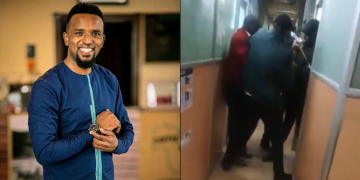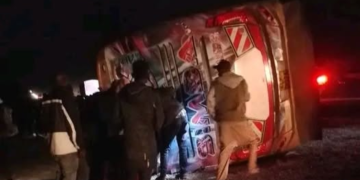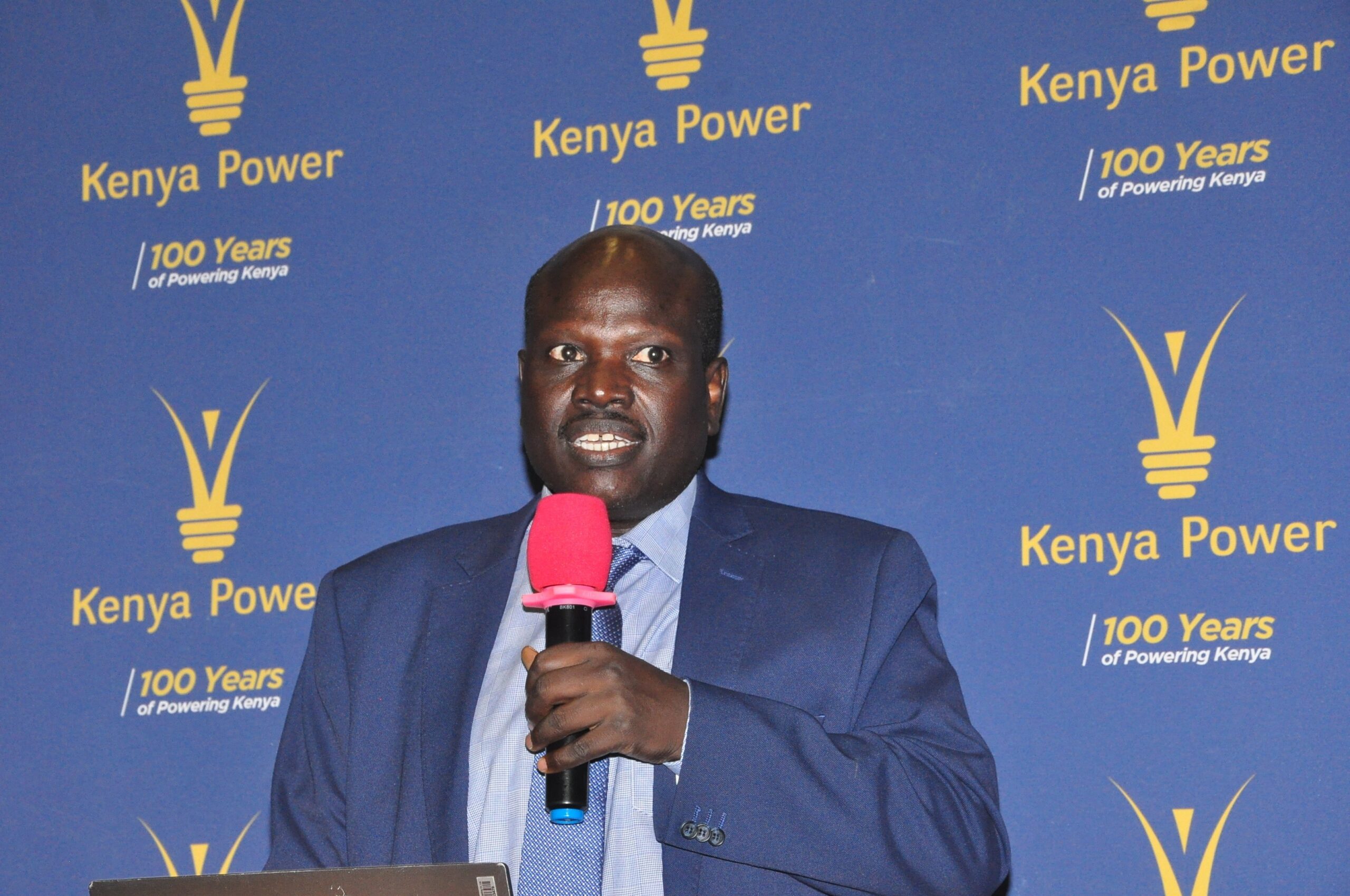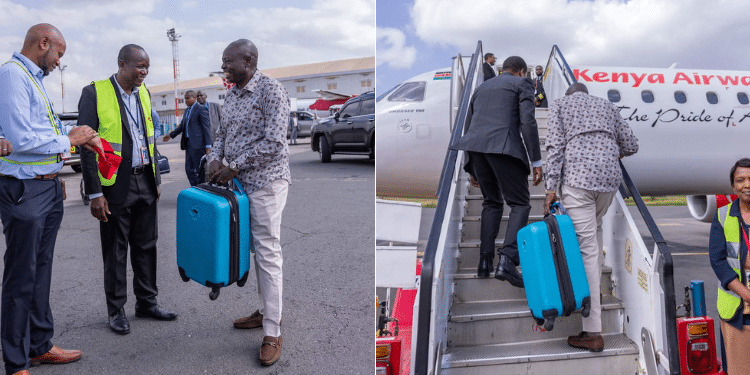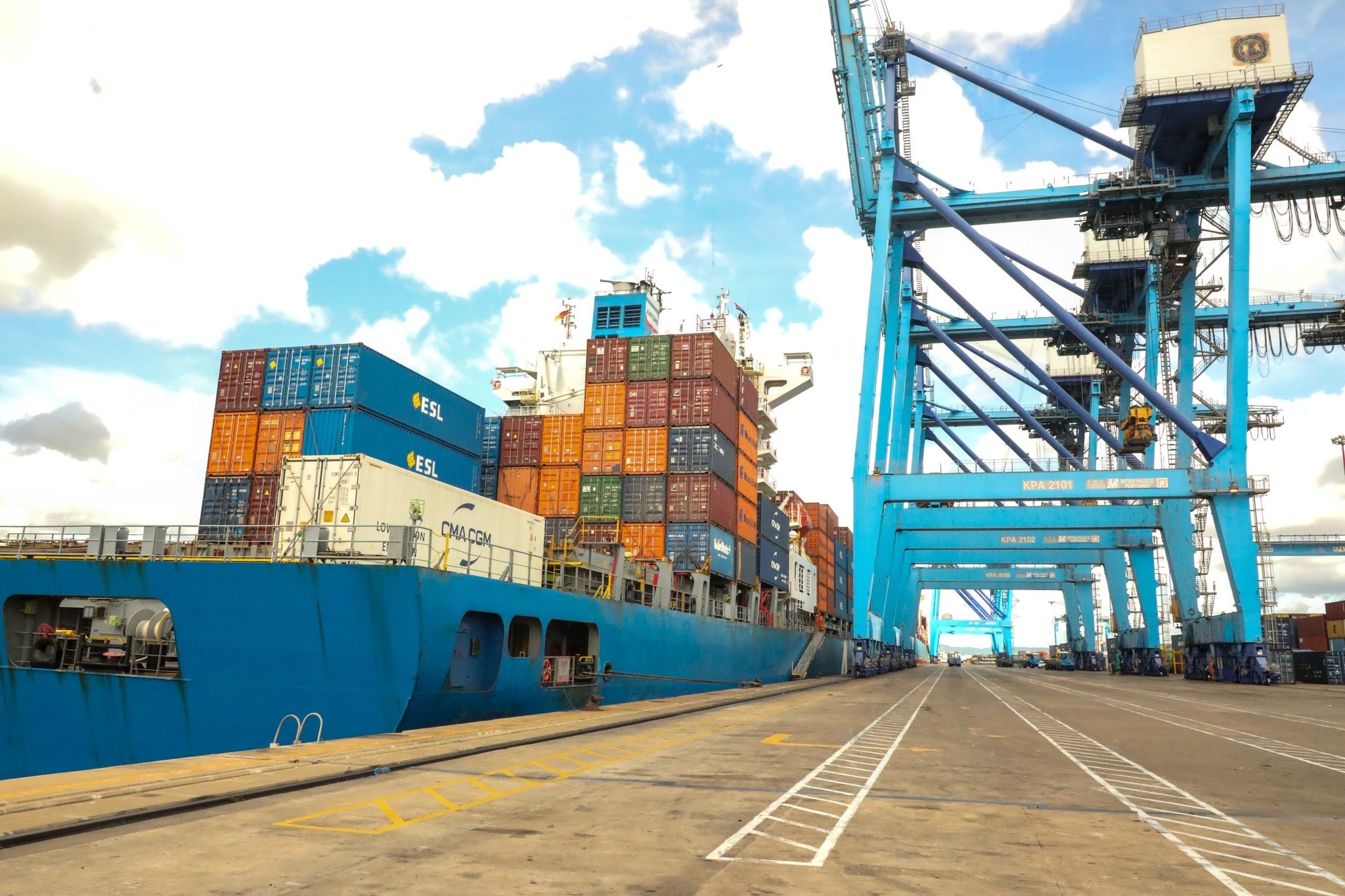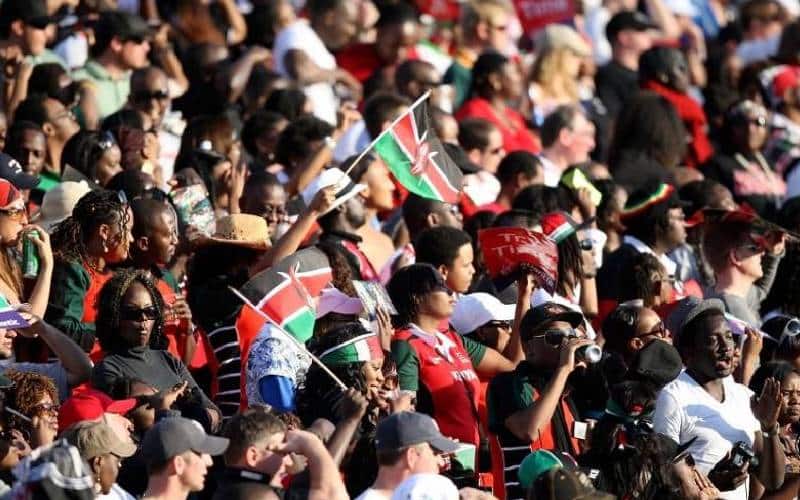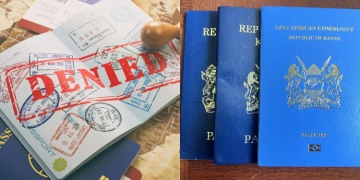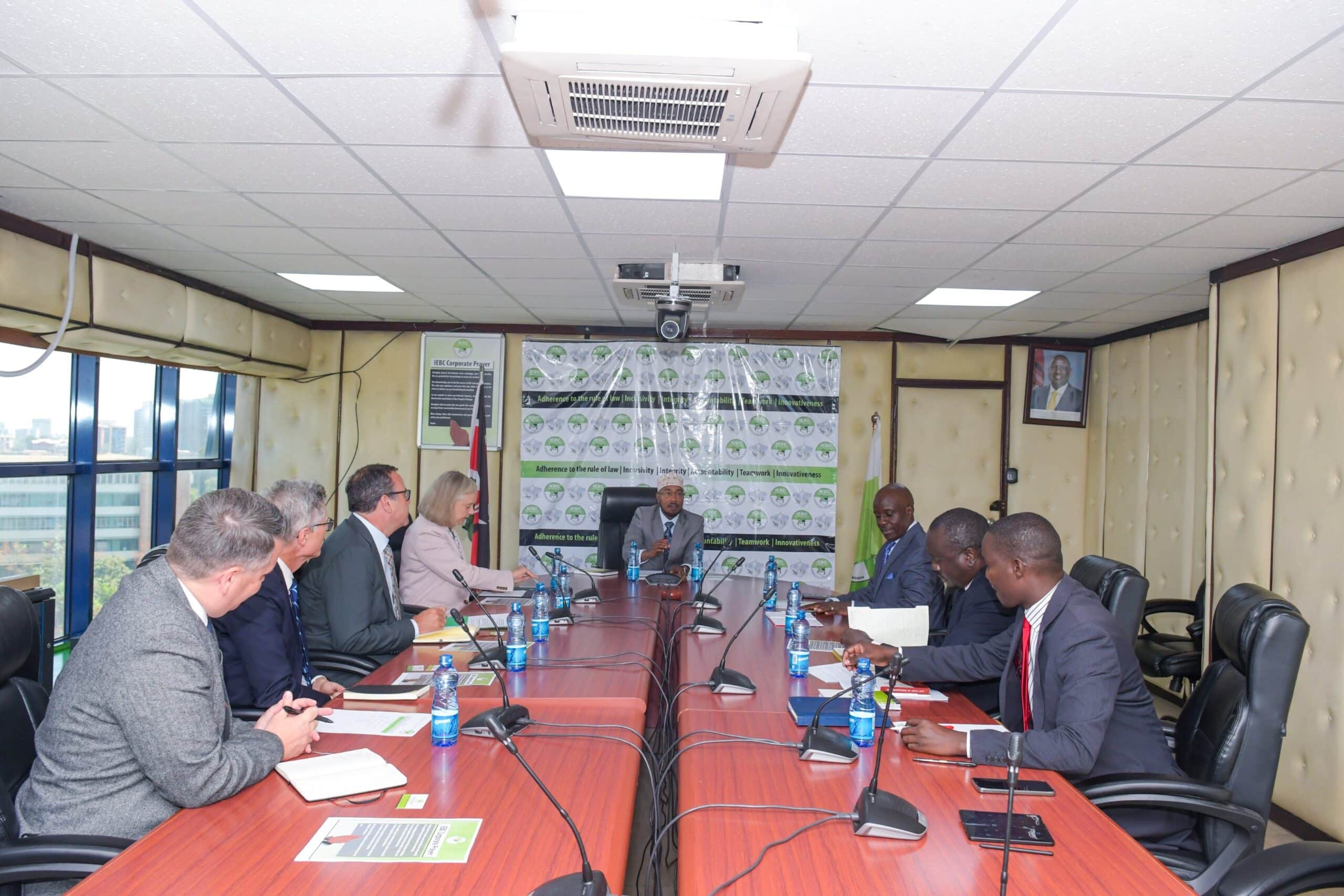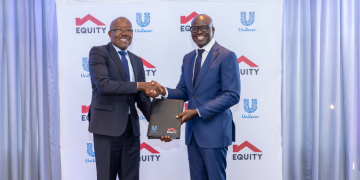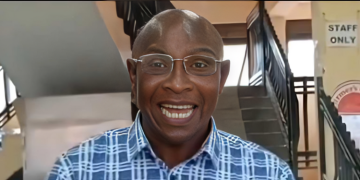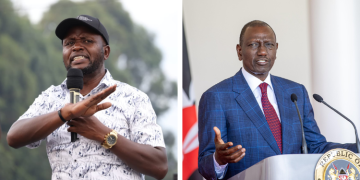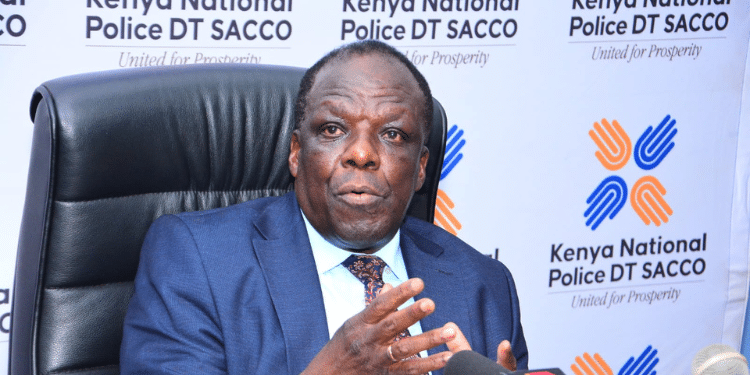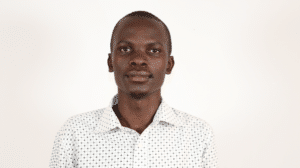National Assembly Majority Leader Kimani Ichung’wah joined the ‘one man one vote one shilling revenue’ debate that has gained momentum the Mt Kenya region.
In a media interview on May 16, Ichung’wah said the current population statistics could be different from what was recorded in the last two censuses.
He asked leaders advocating for the revenue distribution formula to compare the current population data to that recorded in the last years before making the calls.
“I would want anybody in this country to look at population data today to that of 20 years ago. I don’t know whether they still do it per ethnic group because things could be very different,’ he said on KTN News.

Besides, Ichung’wah advised the leaders to base their decisions on facts and data, and not emotions and perceptions.
Small Counties Contributing Huge Taxes
He explained that certain small counties like Kwale raise more revenue compared to other big counties with huge populations.
“We have a county that is not so big, Kwale County. It among the countries that has the highest poverty index in Kenya. But if you go to KRA books and look at the revenue that comes from Kwale from tourism, base titanium, it will probably outstrip taxes from other counties that are much larger, with large population and lower poverty index,” Ichung’wah stated.
Ichung’wah urged the leaders to look at things differently when he says some regions generate more revenue than others.
“We may perceive that your community (luo) is the most populous because you have a lake, you can get fish, sell it and pay more taxes from Migori County than Kiambu because we have cut down our coffee and tea and planted residential houses that are not generating income, but the facts could be different,” Ichung’wah said.
Settlers vs Locals in Counties
Further, he explained that the residents of some of the populous counties and Kenyans from other parts of the country.
Using Kiambu as an example, Ichung’wah argued that politicians and communities should not assume that their large population automatically translates to taxes.
“Or you see very nice houses in Kiambu County and assume that all these are indigenous people that are born and raised up in Kiambu. But you forget Ken Mijungu who has been earning a very nice salary at Standard Media Group has bought an acre along Kiambu Road, made some developments and improved GDP in Kiambu and now because I am from Kiambu County I chest thumb and talk about my community,” he said.
Also Read: Kuria Clashes with Gachagua Over ‘One Man, One Vote, One Shilling’ Formula
Additionally, Ichung’wah revealed that the ‘one man one vote one shilling’ was his idea alongside Public Service CS Moses Kuria.
He said former President Uhuru Kenyatta stole the formula from the Tangatanga group and included it in the Building Bridges Initiative (BBI) bill.
“This is a good debate to engage in but engage in it from a point of knowledge and use empirical data not emotions,” he said.
Also Read: Gachagua Backs Uhuru’s Revenue Sharing Formula
Gachagua Backs One Man One Vote One Shilling
Deputy President (DP) Rigathi Gachagua earlier expressed his support for the county revenue sharing plan.
Speaking on May 12, Gachagua supported the ‘one man one vote one shilling formula’ stating that it will promote fairness in distributing revenue to counties.
“In matters of revenue sharing, I, Rigathi Gachagua, Deputy President of the Republic of Kenya, believe in and advocate for one man, one vote, one shilling. We demand fairness in revenue allocation, not because we come from a densely populated region, but because it’s the right thing to do,” Gachagua said.
Gachagua said the government resources should be allocated based on population rather than landmass.
Follow our WhatsApp Channel for real-time news updates.
https://whatsapp.com/channel/0029VaB3k54HltYFiQ1f2i2C


